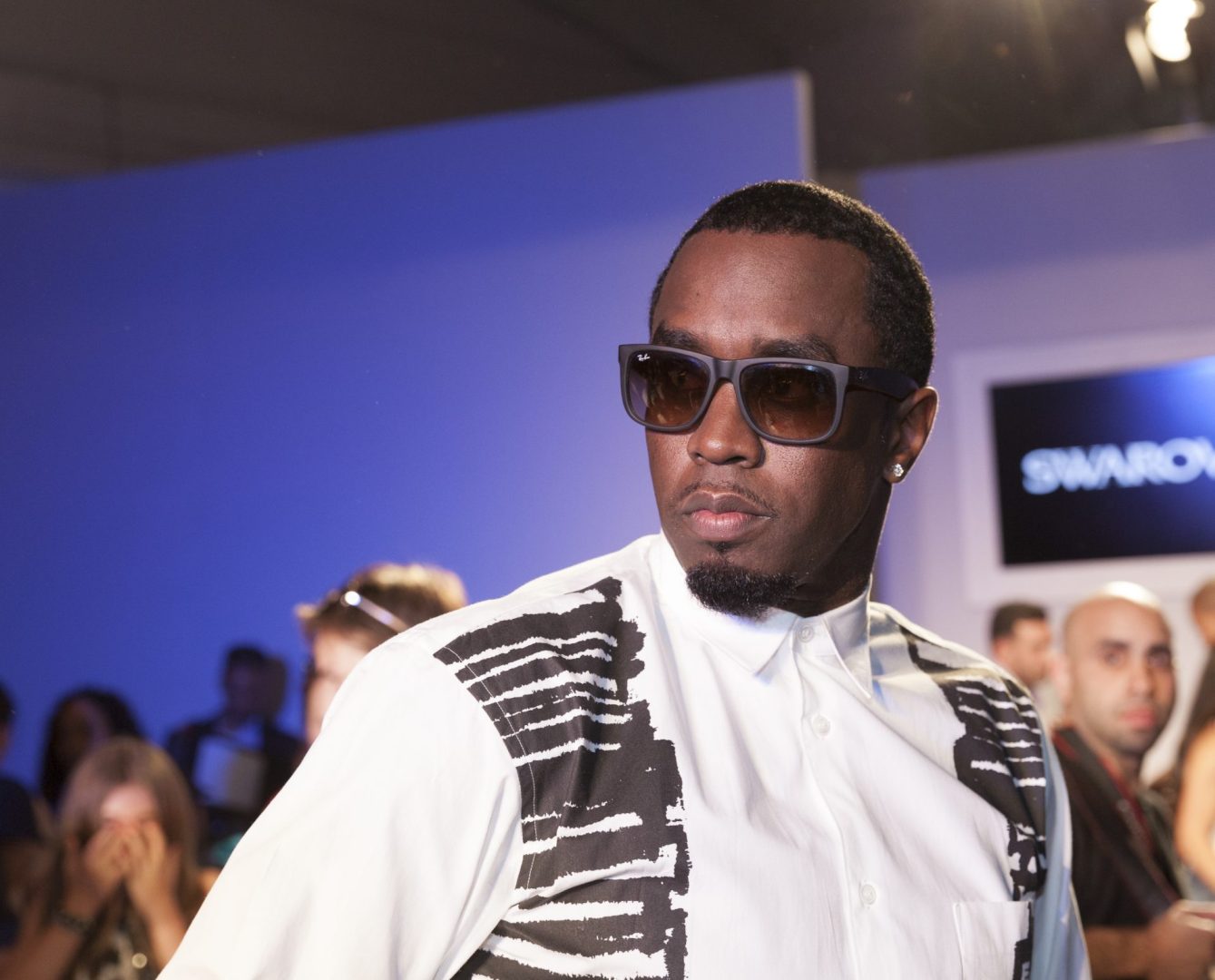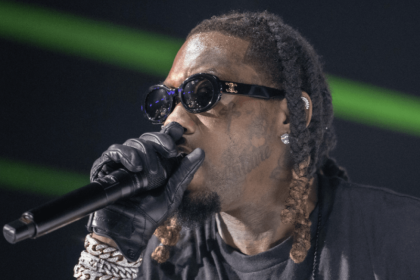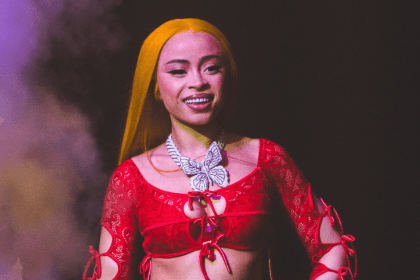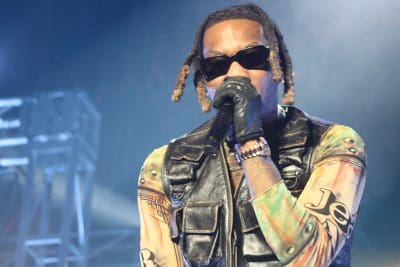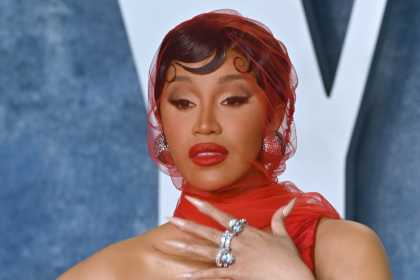Former “Saturday Night Live” cast member Ana Gasteyer recently shared details about Sean “Diddy” Combs’ demanding 1998 appearance on the show, including an unexpected comedic intervention by Will Ferrell.
During an episode of “Las Culturistas” podcast, Gasteyer described Combs’ unusual request for a complete studio lockdown during his “Come With Me” rehearsal, which sampled Led Zeppelin’s “Kashmir.”
“You can spot the five jerks in my six years there. They’d come in, and suddenly it’d be, ‘So-and-so is in the building, everyone stay in your dressing rooms.’ This is our house. For P. Diddy, he demanded a totally closed set,” Gasteyer said.
The tension broke when Ferrell crashed Combs’ rehearsal dressed as a character named Ron. “I have video from the control room. Sean Combs is rapping, with that ‘da-na-na, da-na-na’ Kashmir riff, and here comes Ron wandering around looking totally lost,” Gasteyer recalled.
Ferrell confirmed the incident in a 2020 Vulture interview, describing his spontaneous decision to sprint onstage during the lockdown.
This story resurfaces as Combs faces serious legal challenges. The music mogul pleaded not guilty to September charges including sex trafficking and racketeering, awaiting trial.
The incident offers insight into SNL’s behind-the-scenes dynamics and celebrity culture of the late 1990s. It captures a moment when comedy confronted celebrity ego, with Ferrell’s impromptu performance challenging Combs’ carefully controlled environment.
Neither SNL representatives nor Combs have addressed Gasteyer’s account, leaving questions about the full scope of that memorable rehearsal day.
The revelation provides context to Combs’ reputation for maintaining strict control over his public appearances, while highlighting SNL’s tradition of using comedy to deflate celebrity pretense.
Industry veterans note this episode exemplifies SNL’s ability to balance star power with irreverent humor, even as its biggest guests attempt to dictate terms.
The incident marks a significant moment in SNL history, demonstrating the show’s commitment to maintaining its creative independence despite celebrity demands. Entertainment historians point to this episode as an example of how the show’s ensemble cast often used humor to challenge the status quo.
Former SNL staff members have since revealed similar incidents with other high-profile guests, though few reached the level of Combs’ studio lockdown request. These accounts paint a picture of SNL’s complex relationship with celebrity culture throughout its 49-year run.
Media analysts suggest the timing of Gasteyer’s revelation, amid Combs’ legal troubles, offers a glimpse into the music mogul’s past behavior patterns. The story has sparked renewed interest in examining celebrity conduct during SNL’s golden era of the late 1990s.
The episode also highlights Ferrell’s fearless approach to comedy, which would later define his film career. His willingness to challenge authority figures through character work became a signature style that influenced future generations of comedians.
Production staff from the era note that such celebrity demands became less common as SNL’s influence grew, with the show establishing firmer boundaries for guest conduct during rehearsals and live broadcasts.
This incident remains a telling example of how SNL’s comedic integrity often prevailed over celebrity preferences, maintaining the show’s reputation for uncompromising humor and social commentary.

